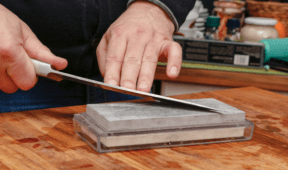How To Tell When Your Water Heater Really Needs To Be Replaced (And When It Doesn’t)
Water heaters do a lot for our homes. While they might not ask for much, you’ll notice a problem quickly when something goes wrong and you’re suddenly in the middle of a cold shower. Replacing a water heater can be a big expense too, but the tricky part is knowing when it's actually necessary. Sometimes, a simple fix will do instead. Here’s how to tell the difference, without overreacting or getting talked into something you don’t need by your plumber.
Start With the Age of the Unit
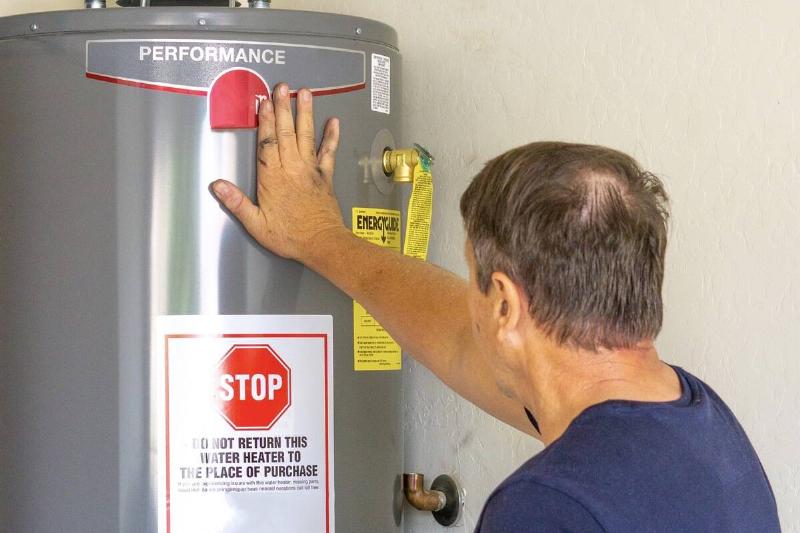
Most water heaters last around 8 to 12 years. If yours is younger than that and has been otherwise problem-free, chances are it’s still got some life left in it. But if your water heater is pushing past that 10-year mark and starting to have problems, it might be more cost-effective to replace it than to keep fixing it as it ages. You can usually find the manufacture date on the label near the top of the tank if you’re not sure how old it is.
Is Your Water Getting Rusty?
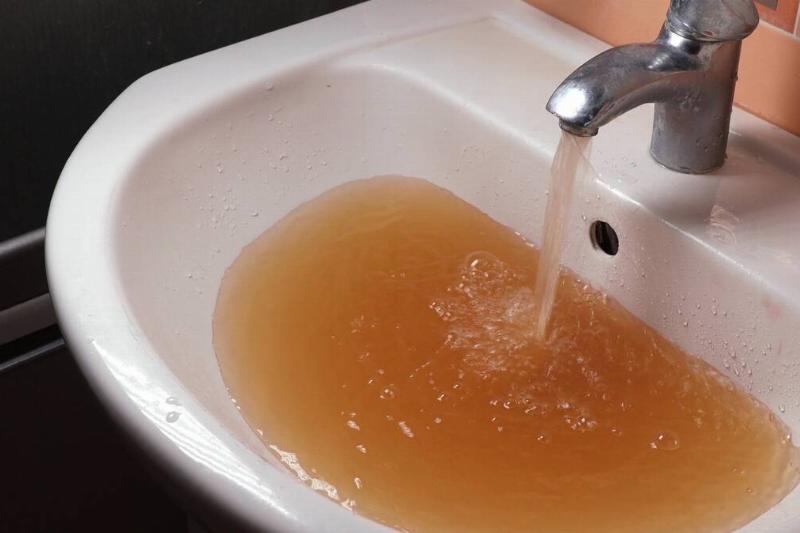
If you’re getting brown or rusty water, especially from the hot side only, that could be a sign the inside of your water heater’s tank is starting to corrode. But here’s the thing: it could also be rusty pipes. To tell the difference, one trick is to drain a few gallons from the tank into a clear container. If it runs clear after a bit, you probably don’t need to replace your water heater. If not, the tank may be on its way out.
Listen for Rumbling and Popping
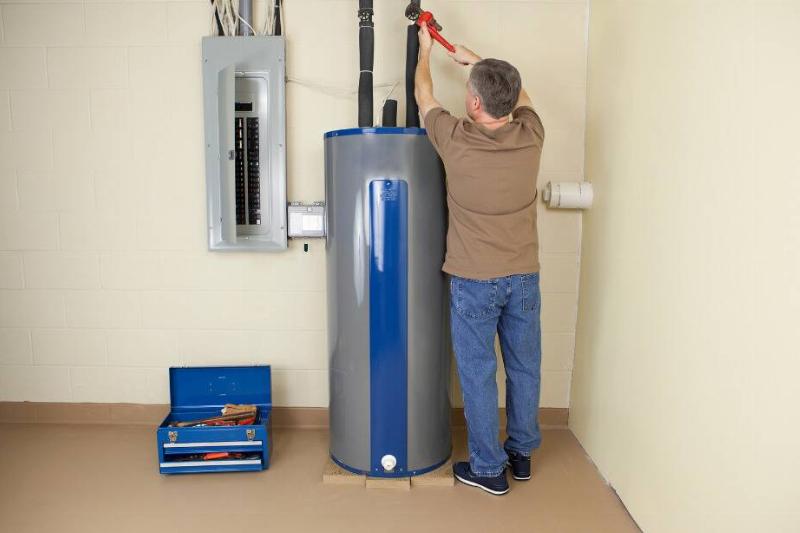
A little noise from your water heater is normal. But if it starts making loud popping or rumbling sounds, that can mean sediment has built up on the bottom. That layer hardens over time, forcing your heater to work harder and making it more prone to damage in the future. If flushing the tank doesn’t help, or you haven’t flushed the tank in years, that buildup could be doing more harm than you think.
Check for Leaks Around the Base
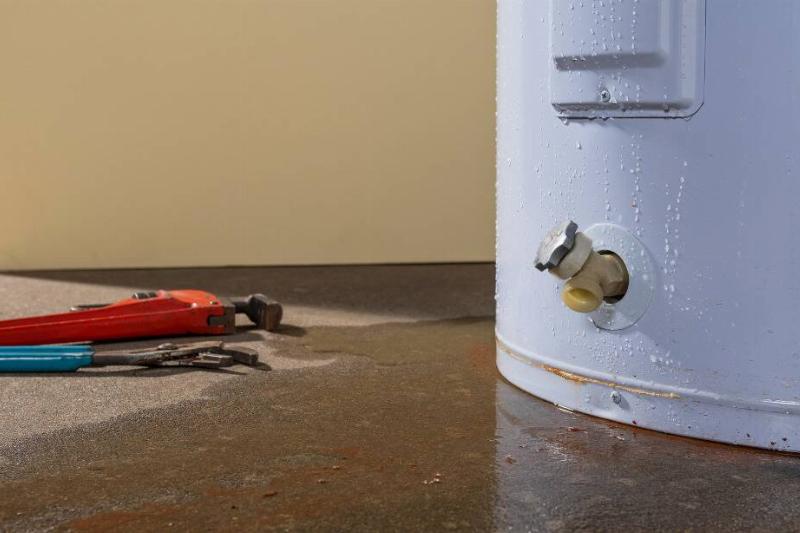
A little condensation is one thing, but water pooling around the base of your tank is a sign of a much more serious issue. Leaks from fittings or valves can usually be repaired. But if the leak is coming from the tank itself, that’s a sign of internal damage, and unfortunately, there’s no quick fix for that. Once the tank starts leaking, it's time to replace it.
Pay Attention to How Long It Takes to Heat

If your water is taking longer and longer to heat, or it never gets as hot as it used to, it might be a failing heating element or thermostat. The good news is that those parts can often be replaced. But if you’ve tried replacing them and things still aren’t improving, the problem might be with the water heater itself, and that’s when it’s worth looking into a new unit.
Your Hot Water Runs Out Fast
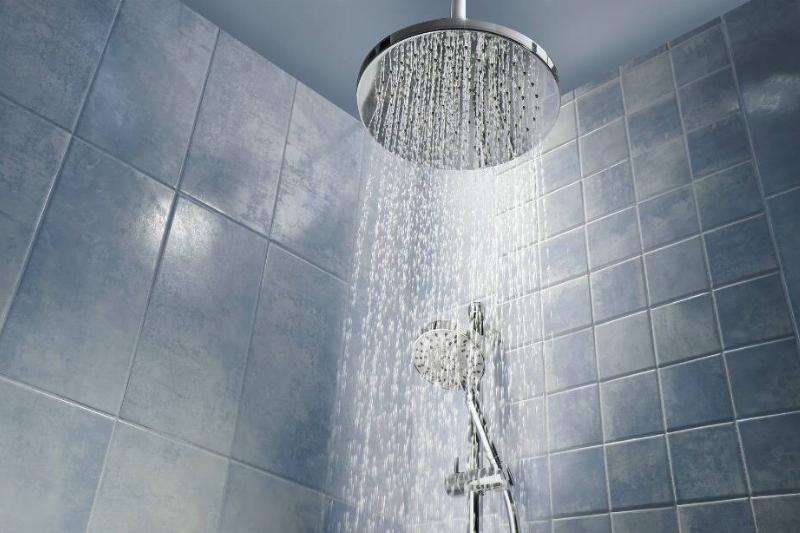
Running out of hot water quicker than you used to? That’s not always a sign that your water heater is failing. It could mean your family’s using more hot water without you noticing, or the unit is just undersized. But if the tank’s capacity hasn’t changed and it’s heating less water than before, you might be dealing with sediment buildup or a failing part. It's worth checking that out before assuming you need to buy a whole new unit.
Your Energy Bills Are Creeping Up
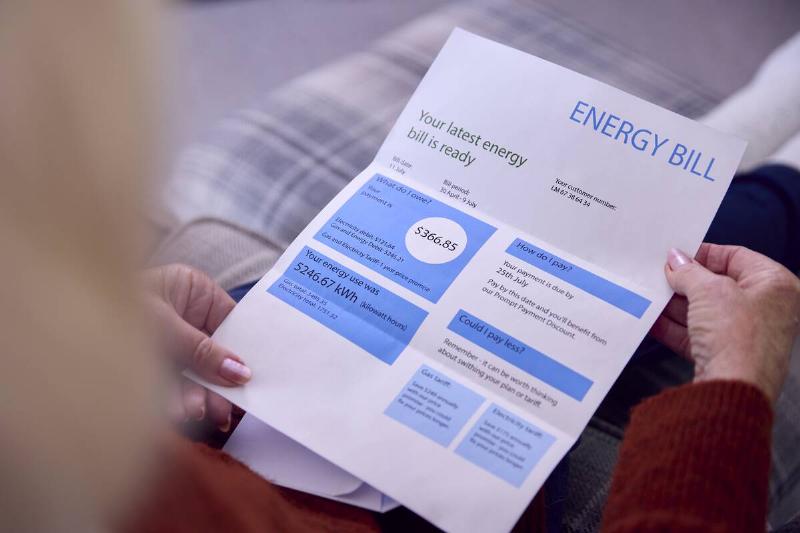
Older or struggling water heaters can quietly become energy drains. If your bills are noticeably higher than usual and you haven’t changed your usage habits, your water heater could be working overtime. Compare your recent bills to past ones. If there’s a consistent rise and you’ve ruled out other causes, your heater may be becoming less effective. That means it’s time to look for a replacement.
Sometimes, You Can Just Wait
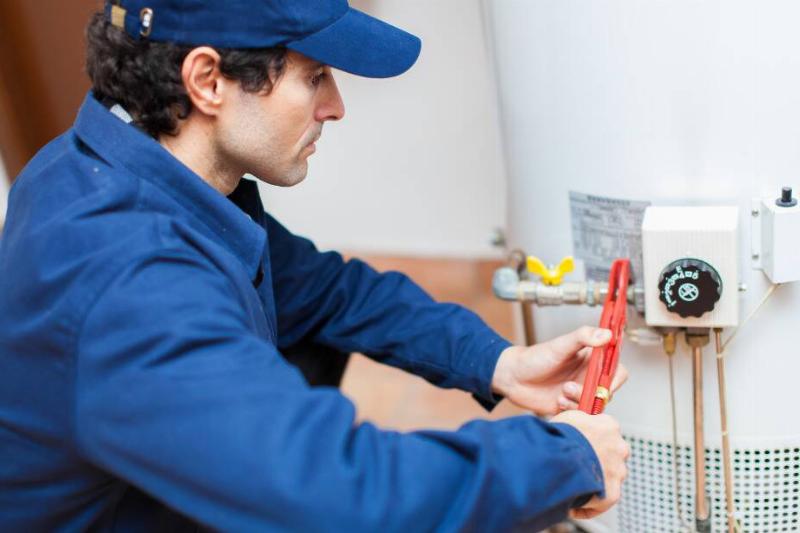
It’s easy to assume the worst when something goes wrong. But sometimes a little maintenance is all your heater needs. A flush, a new anode rod, or replacing a heating element might extend its life a few more years. Unless the tank is leaking or the repairs cost as much as a replacement, you’ve often got time to take a pause and think through this decision, rather than making a rushed decision during an emergency.
Related Articles
- Common Water Heater Issues And How To Solve Them
- How to Properly Flush a Water Heater
- The Dangers Of Hard Water (And How To Tell If You Have It)
Your water heater won’t last forever, but it often gives you clues before giving up completely. Knowing what to look for can save you from making a rushed, expensive choice, or worse, waking up to a cold house and a wet floor. Keep an eye out for signs of wear and tear, and when in doubt, get a second opinion before pulling the plug. But knowing what to look for now is seriously half the battle.

